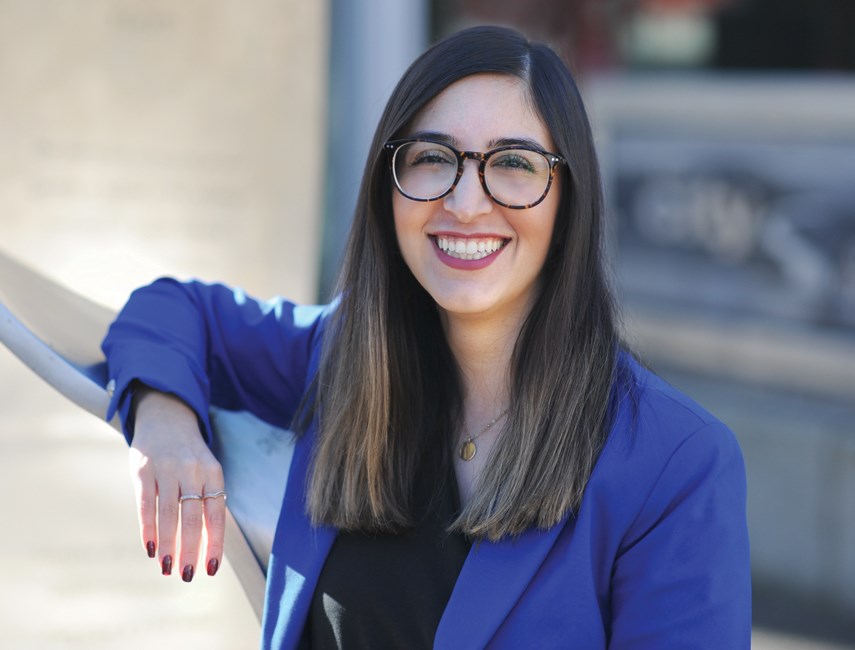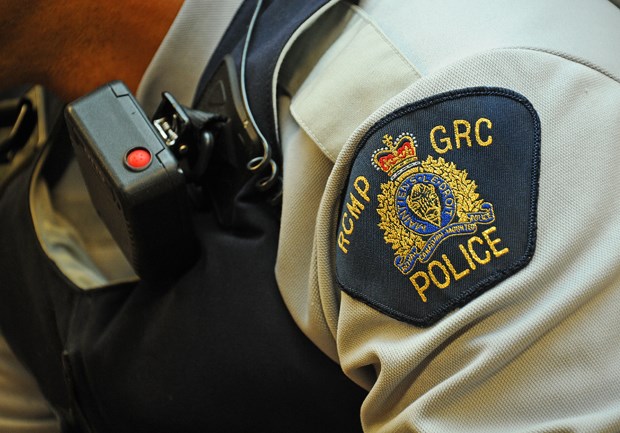Following the death of George Floyd in the U.S. earlier this year, and just as Canadians started to take a closer look at our own role in systemic racism and discrimination, the officer in charge of the North Vancouver RCMP started to receive more local queries.
People wanted to know more about policing practices, what kind of diversity and sensitivity training protocols were in place, and generally how the police interacted with the community at large, according to Supt. Ghalib Bhayani.
“I started receiving a lot of emails and questions from the local community, asking me what we as the North Vancouver police should be doing about diversity,” said Bhayani, who has been the top cop at the North Van detachment since July 2019.
The inquiries were wide ranging, from people questioning the nature of having police officers in schools to wanting clarity on police practices when it came to interacting with diverse groups, especially First Nations.
“The rhetoric and the narrative in the [United] States is quite different than Canada, but at the same time, I think we really needed to listen to our community [and] help them shape their police service,” said Bhayani.
In order to foster that listening, a committee was recently struck up as a way to gather advice from North Vancouver’s diverse communities.
The inaugural meeting of the Officer in Charge’s Diversity, Inclusion and Equity Advisory Committee was held earlier this month.
The committee, which plans to meet six times per year, will guide the detachment in its efforts to deliver bias-free policing services, said Bhayani.
“I thought: who better to advise me and my team locally on our training, our policies, our HR issues, and how we respond to community needs?” he said. “It’s very difficult sometimes to separate biases from an impartial workplace. We need to be impartial or neutral.”
Bhayani, who is Ismaili Muslim and whose family fled Uganda to escape persecution in the early 1970s, said the detachment has launched special training with the support of a consulting firm that specializes in providing bias-free and inclusion training.
The purpose, according to Bhayani, is to help officers confront and question their own biases when having to make decisions out in the field.
“I don’t say much on the committee. I attend, I listen. I ask for advice. But I’m not a chair or a co-chair. I’m actually the person they’re sharing their thoughts with and hoping I can implement some of those ideas,” he said.

The 12-member committee is composed of people representing a wide swath of the North Vancouver community, from seniors and youth, to LGBTQ+ and Black, Indigenous and persons of colour. While it’s Bhayani’s job to listen and learn during the committee meetings, he’s hoping to achieve some actionable changes that could assist police policies with regards to equity and diversity as well.
For one thing, he says, he could envision a scenario where there was more input from committee members and the community at large when it comes to hiring practices. “What I would like is community members to actually participate in recruit panels – providing them with a scenario, providing them with some of the lived experiences to these new recruits and saying, ‘How would you deal with that situation?’”
For Naz Kohan, a North Vancouver resident and lawyer, joining the committee was about being able to give her own input, and the input of her own community, with regards to cultural awareness and sensitivity training for current and future police officers.
“I’m Persian by ethnicity and I speak Farsi. I joined the group to ensure the voices of diverse groups are heard when it comes to policy changes and I would also like to enhance multiculturalism,” said Kohan.



